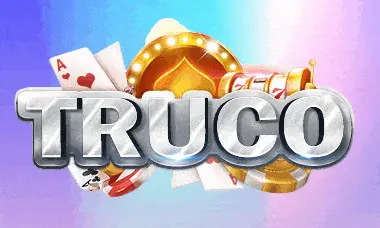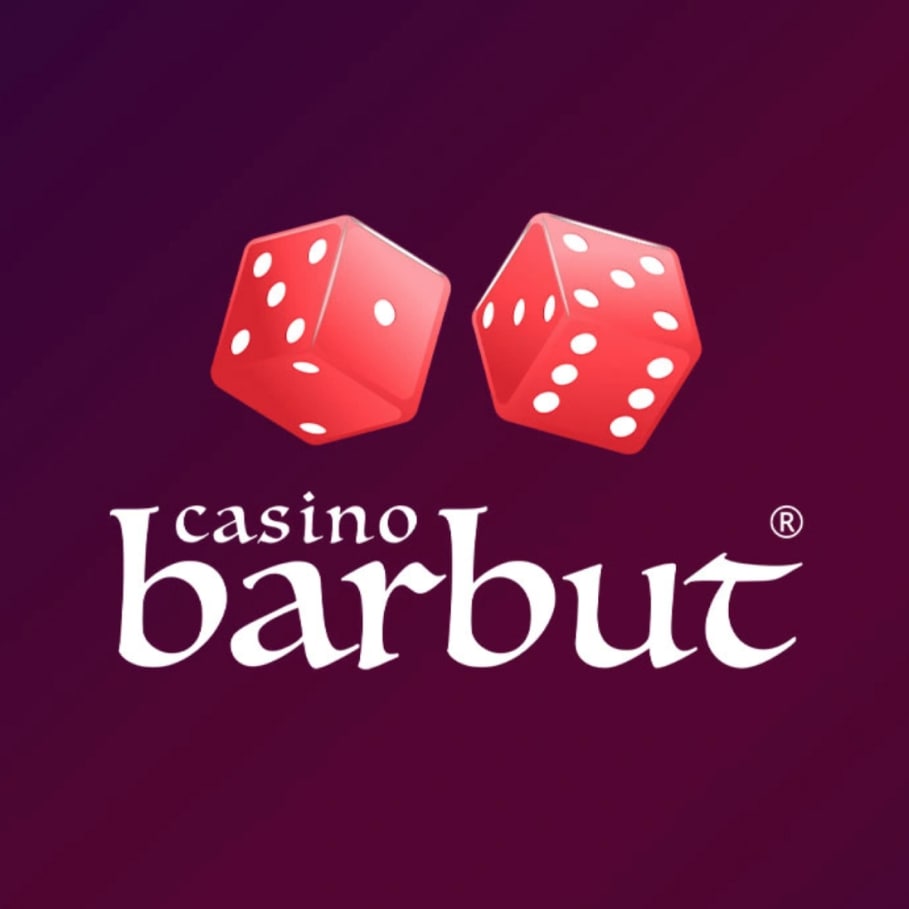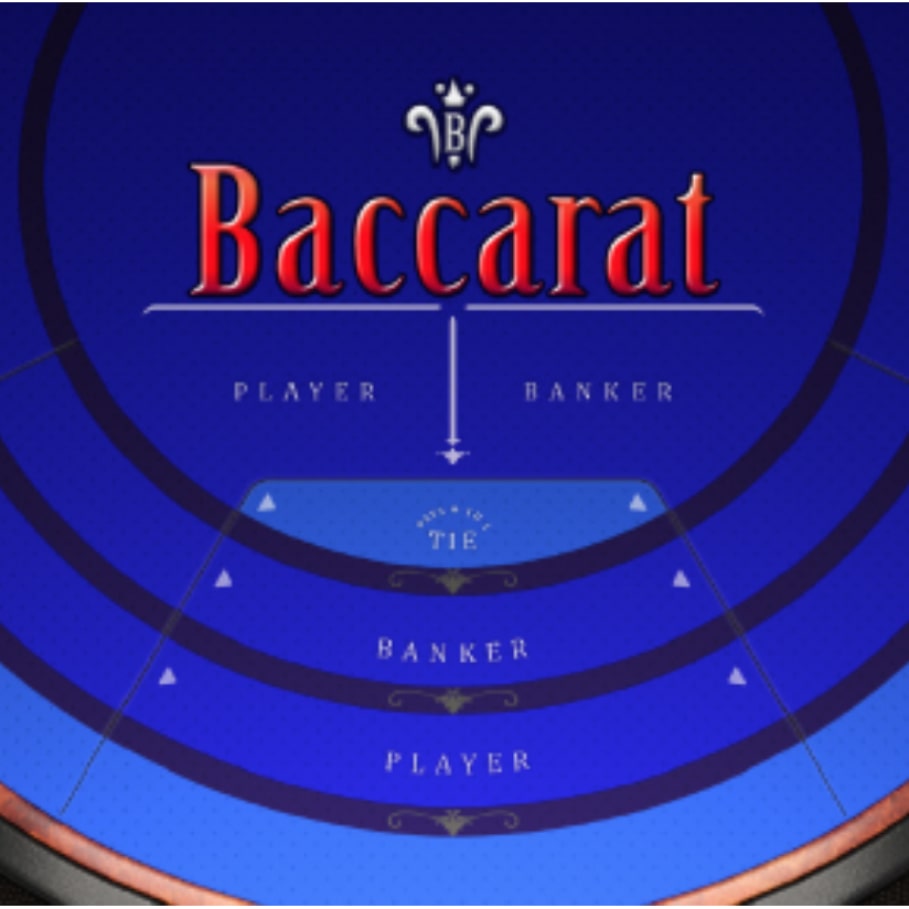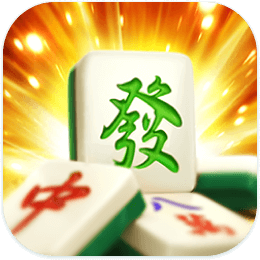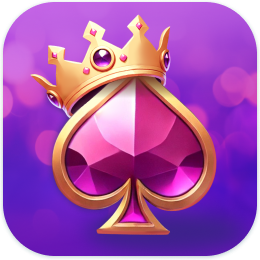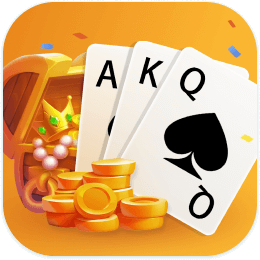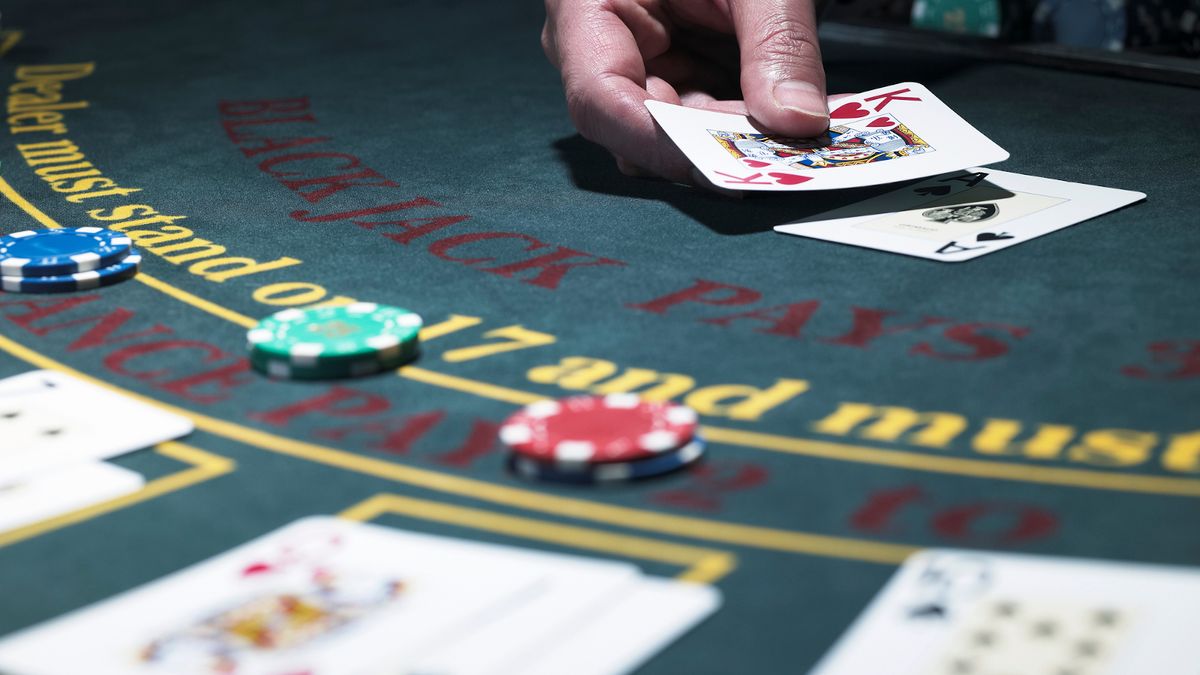Basic Blackjack Strategy Engine - Generate Charts for 1-8 Decks
Founded in 1998, our basic blackjack strategy engine generates optimal strategy charts for 1/2/3/4/5/6/7/8 decks. Allows custom filters for variations too
Adjust The Rules
6 decks, H17, DAS, No Surrender, Peek
Estimated casino edge for these rules: 0.66 %
Hard Totals
| YourHand | Dealer |
|---|---|
| 2 | 3 |
| Hard 5 | H |
| Hard 6 | H |
| Hard 7 | H |
| Hard 8 | H |
| Hard 9 | H |
| Hard 10 | D |
| Hard 11 | D |
| Hard 12 | H |
| Hard 13 | S |
| Hard 14 | S |
| Hard 15 | S |
| Hard 16 | S |
| Hard 17 | S |
| Hard 18+ | S |
Soft Totals
| YourHand | Dealer |
|---|---|
| 2 | 3 |
| Ace + 2 | H |
| Ace + 3 | H |
| Ace + 4 | H |
| Ace + 5 | H |
| Ace + 6 | H |
| Ace + 7 | DS |
| Ace + 8 | S |
| Ace + 9 | S |
Pairs
| YourHand | Dealer |
|---|---|
| 2 | 3 |
| (2,2) | P |
| (3,3) | P |
| (4,4) | H |
| (5,5) | D |
| (6,6) | P |
| (7,7) | P |
| (8,8) | P |
| (9,9) | P |
| (T,T) | S |
| (A,A) | P |
Key:H HitSStandPSplitDDouble (Hit if not allowed)DSDouble (Stand if not allowed) Estimated casino edge for these rules: 0.66 %
Hard Totals
| YourHand | Dealer |
|---|---|
| 2 | 3 |
| Hard 5 | H |
| Hard 6 | H |
| Hard 7 | H |
| Hard 8 | H |
| Hard 9 | H |
| Hard 10 | D |
| Hard 11 | D |
| Hard 12 | H |
| Hard 13 | S |
| Hard 14 | S |
| Hard 15 | S |
| Hard 16 | S |
| Hard 17 | S |
| Hard 18+ | S |
| YourHand | Dealer |
|---|---|
| 2 | 3 |
| Hard 5 | H |
| Hard 6 | H |
| Hard 7 | H |
| Hard 8 | H |
| Hard 9 | H |
| Hard 10 | D |
| Hard 11 | D |
| Hard 12 | H |
| Hard 13 | S |
| Hard 14 | S |
| Hard 15 | S |
| Hard 16 | S |
| Hard 17 | S |
| Hard 18+ | S |
Soft Totals
| YourHand | Dealer | | 2 | 3 | 4 | 5 | 6 | 7 | 8 | 9 | T | A | | Ace + 2 | H | H | H | D | D | H | H | H | H | H | | Ace + 3 | H | H | H | D | D | H | H | H | H | H | | Ace + 4 | H | H | D | D | D | H | H | H | H | H | | Ace + 5 | H | H | D | D | D | H | H | H | H | H | | Ace + 6 | H | D | D | D | D | H | H | H | H | H | | Ace + 7 | DS | DS | DS | DS | DS | S | S | H | H | H | | Ace + 8 | S | S | S | S | DS | S | S | S | S | S | | Ace + 9 | S | S | S | S | S | S | S | S | S | S |
| YourHand | Dealer |
|---|---|
| 2 | 3 |
| Ace + 2 | H |
| Ace + 3 | H |
| Ace + 4 | H |
| Ace + 5 | H |
| Ace + 6 | H |
| Ace + 7 | DS |
| Ace + 8 | S |
| Ace + 9 | S |
Pairs
| YourHand | Dealer | | 2 | 3 | 4 | 5 | 6 | 7 | 8 | 9 | T | A | | (2,2) | P | P | P | P | P | P | H | H | H | H | | (3,3) | P | P | P | P | P | P | H | H | H | H | | (4,4) | H | H | H | P | P | H | H | H | H | H | | (5,5) | D | D | D | D | D | D | D | D | H | H | | (6,6) | P | P | P | P | P | H | H | H | H | H | | (7,7) | P | P | P | P | P | P | H | H | H | H | | (8,8) | P | P | P | P | P | P | P | P | P | P | | (9,9) | P | P | P | P | P | S | P | P | S | S | | (T,T) | S | S | S | S | S | S | S | S | S | S | | (A,A) | P | P | P | P | P | P | P | P | P | P |
| YourHand | Dealer |
|---|---|
| 2 | 3 |
| (2,2) | P |
| (3,3) | P |
| (4,4) | H |
| (5,5) | D |
| (6,6) | P |
| (7,7) | P |
| (8,8) | P |
| (9,9) | P |
| (T,T) | S |
| (A,A) | P |
| Key:H HitSStandPSplitDDouble (Hit if not allowed)DSDouble (Stand if not allowed) |
What is Basic Strategy?
Looking for a way to cut the casino’s edge down to a marginal amount? Basic strategy is a mathematically calculated set of decisions that can help you win more at blackjack. The Blackjack Basic Strategy Engine above provides a simple way to memorize a variety of different profitable decisions, such as when to split, double, surrender, hit, or stand.
A standard basic strategy chart can only provide you with the strategy for one set of rules, such as dealer hits on soft 17, limiting your mastery to just one game. Our Blackjack Basic Strategy Engine allows you to quickly adjust the rules with the click of a button, calculating the optimal strategy for your selected game. The engine’s easy-to-read charts detail the strategy for all hard totals, soft totals, and pairs.
The engine allows you to instantly customize your strategy based on rules like surrender, double on 9, 10, or 11 only, dealer hole card styles, and any number of decks. This unique system is an incredible resource for any serious blackjack player who needs to calculate the strategy for any game they encounter.
Top US Online Casinos
1 50 Free SpinsReviewPlay Now 2
50 Free SpinsReviewPlay Now 2 200% up to $1,000ReviewPlay Now 3
200% up to $1,000ReviewPlay Now 3 100% up to $500 + 200 Free SpinsReviewPlay Now 4
100% up to $500 + 200 Free SpinsReviewPlay Now 4 20 Free SpinsReviewPlay Now 5
20 Free SpinsReviewPlay Now 5 100% up to $750 +150 Free SpinsReviewPlay Now 1
100% up to $750 +150 Free SpinsReviewPlay Now 1 50 Free SpinsReviewPlay Now 2
50 Free SpinsReviewPlay Now 2 200% up to $1,000ReviewPlay Now 3
200% up to $1,000ReviewPlay Now 3 100% up to $500 + 200 Free SpinsReviewPlay Now 4
100% up to $500 + 200 Free SpinsReviewPlay Now 4 20 Free SpinsReviewPlay Now 5
20 Free SpinsReviewPlay Now 5 100% up to $750 +150 Free SpinsReviewPlay Now
100% up to $750 +150 Free SpinsReviewPlay Now
The Limitations of Basic Strategy
Basic strategy will never be enough to beat the game in the long-term. Sure, you’ll definitely be able to win more frequently, keep your money longer, and go on a few free vacations using casino comps, but you’ll never make money over thousands of hours of play. For that, you’ll need to learn to count cards and utilize strategy deviations to beat the house edge. If you’re just looking to have fun and make your money last much longer, basic strategy will do the trick.
How to Get Started
So you want to learn basic strategy so that you can get an edge up on the tables, but you’re not sure to begin. Once you’ve used the Blackjack Basic Strategy Engine to select the game you’ll play most frequently, you may be tempted to dive right into memorization, but a bit of background knowledge can help you understand the concepts behind the strategy. Let’s explore a few rules that will help you along the way.
You Have an Array of Actions at your Disposal
There’s more to blackjack than just hitting or standing, and those extra decisions will determine whether you’re a big winner or a big loser. Your extra options are to surrender, split, or double, and their availability is determined by the rules of your game of blackjack. Also, keep in mind that even in the same casino, different tables can have different rules, so make sure to check the felt or ask the dealer about each table’s rules. Never play 6:5 blackjack, and try to play S17 if it is available. Read our rules page if you need a refresher course on what each action does.
When Can I Surrender?
Surrender is a rule that is becoming offered less frequently, as it is beneficial to the player. To find out if it is available at your table, you can ask your dealer or look for a sign located on the table. Before you take any other action, you should see if basic strategy recommends surrendering.
When Can I Split?
Splitting comes into play when you have an equal pair in your hand—for example, two 8s, two 7s, or a jack and a queen. When you find yourself with a pair, you should check your basic strategy card to see if splitting is advantageous.
When Can I Double?
You can double on any first two cards. Generally, you will want to double when a 10 card would be beneficial to you (with a hard 11 or hard 10, for example), or when the dealer has a card with a higher than normal possibility of busting, like a 5 or a 6.
When Should I Hit or Stand
These two actions will make up the majority of your decision making. Learning when to hit or stand in every scenario is the crux of basic strategy. By memorizing basic strategy, you’re memorizing the optimal, most bang-for-your-buck action with any two given cards against any dealer up card.
How to Memorize Basic Strategy
It may feel overwhelming to tackle every different combination of starting cards with basic strategy, but luckily there are a lot of rules of thumb that can help simplify the process. Here are some of the most important, effective, and easy to remember strategies to help you on your road to playing solid blackjack.
Surrendering
Surrender16 against 9 through Ace.
Surrender15 against a 10 only (Unless using H17 rules, then you Surrender against Ace)
Splitting
Always Split Aces
Never Split Faces (10 value cards)
Always Split 8s (Unless using H17 rules, then you Surrender against an Ace)
Never Split 5s
Split a pair of 9s against a dealer 2 through 9, except a dealer 7 (since your 18 beats their 17)
Split a pair of 7s against a dealer 2 through 7, hit anything else.
Split a pair of 6s against a dealer 2 through 6, hit anything else.
Split a pair of 4s against a dealer 5 or 6 when you can double afterward, otherwise hit.
Split a pair of 3s against a dealer 2 through 7, hit anything else.
Split a pair of 2s against a dealer 2 through 7, hit anything else.
Doubling
Double an 11 against everything except an Ace (Also double against Ace if playing H17 Rules)
Double a 10 against everything except a 10 or Ace
Double a hard 9 against a dealer 3 through 6.
Never double a hard 8.
Double a soft13 or 14 against a dealer 5 or 6.
Double a soft 15 or 16 against a dealer 4 through 6.
Double a soft17 or 18 against a dealer 3 through 6.
Double a soft 19 against a dealer 6 if using H17 rules.
Hitting and Standing
Stand on 17 and up
Stand on a 13, 14, 15, or 16 against a 2 through 6, hit against any other card
Stand on a 12 against a dealer 4 through 6, hit against any other card.
Always hit anything under soft 17.
Stand on soft 19 and up.
What’s Next?
You should study the above information in conjunction with our Blackjack Basic Strategy Engine while you practice playing blackjack. You aren’t ready to play in a casino yet, not by a longshot. Even if you’ve played before and done well, you shouldn’t go back until you know basic strategy like the back of your hand.
The best way to practice is to utilize software like our Blackjack Trainer or Casino Vérité Blackjack to enhance your skills and figure out what areas you’re struggling in, like surrendering or playing soft hands. Once you can play error free through a wide range of scenarios, you are ready to practice in a casino environment.
Remember, it can be a more difficult to remember perfect basic strategy when a waitress is yelling out drink orders, a pit boss is asking for your card, and players are trying to make conversation, so don’t go to the casino until you’re truly ready. Don’t ask other players for advice, either. They deliberately go against basic strategy when the math doesn’t mesh with their superstitions about the flow of the cards, and they’ll often tell you how crazy you are to hit a soft 18 against a dealer 9 or 10.
Other Tools to Help with Basic Strategy
- Blackjack Strategy Trainer – Our original blackjack trainer is an interactive coaching tool that provides advice if you have make the correct decision or not. We also have a mobile friendly version of it here.
- Blackjack Quiz – A set of 20 questions to determine if you really know basic strategy.
- Phyiscal Strategy Charts – You can also purchase a physical wallet-sized plastic version of the strategy charts here.
- Casino Vérité Blackjack – A comprehensive tool for testing your knowledge of blackjack strategy. Our review of this software can be found here.
39 CommentsNewestOldestMost Voted Inline FeedbacksView all comments Jee 1 year agoThanks for this! If the house uses a variation of the peek/no peek, which strategy should I use? The variation is that if the house draws a 10, it does not peek, but will PAY BACK players’ double downs if the house draws blackjack. So if I had 11, I would double down, but are there other considerations?
Last edited 1 year ago by Jee0Reply Valio proto Reply to Jee 1 year agoIf they pay you back your double downs and splits when they draw a blackjack, you use standard basic strategy and deviations, as in doubling 11 against 10, splitting AA against A, splitting 8s against 10 and A, and doubling 11 against A at a true 1+ and doubling 10 against a 10 and A at a true 4+
0Reply Bruce 1 year agoAfter you split, when do you also double?
0Reply Ryan Reply to Bruce 1 year agoAfter splitting, you would treat the two separate cards as a new hand.
0Reply Mark 2 years agoWhat is the mechanism for constructing this table? very interesting how it works from the point of view of mathematics
0Reply Kay 4 years agoIf dealer has 5 and I have 4 do I stay or hit?
0Reply LV Bear Reply to Kay 4 years agoIf the 4 is made up of a pair of 2’s, split. If the “4” is made up of an Ace and a 3, then double down. This is stated in the charts. Never stay on a 4.
0Reply John 4 years agoIn splitting Aces are you not looking for a push at a minimum or better? And why always split 8’s? What is the basis/expectation for doing so against the Dealer up card Ace
6Reply Patrick Dunn 4 years agoBasic strategy is what it implies “basic”! I would never put money down if I only knew the basics. Card counting is blackjack “201” (basic strategy is blackjack 101). You still are not a professional. Understand ” variation” and “true count” only then (once you mastered it) can you call yourself a professional! When you are hitting hard 17 and getting 4’s or when you are betting insurance and banking on it…you know you are a pro! Don’t care what the others around you say. You know more than they do!
-1Reply Steve Pohlsander 4 years agoIs it better to play at a table with other players or be the only person
0Reply LV Bear Reply to Steve Pohlsander 4 years agoOther people slow the game down and waste good cards in positive counts. Most serious players prefer to play alone if possible.
1Reply M- Dog 5 years agoWhat are the thoughts on video BJ? Game King or the one with the almost lifelike dealer? Are these truly random or manipulated?
0Reply Hull 5 years agoIs it still true to split AA when we can get only one card after AA split.
0Reply Patrick Dunn Reply to Hull 4 years agoNot always. When the count is negative at the end of the deck don’t split. If the dealer is showing a 10 or ace and the count is also negative don’t split. Just hit! the chances of getting 19 or higher are good
0Reply Patrick 5 years agoWhy is it that the fewer the decks the lower the edge for the house.
1Reply Hull Reply to Patrick 5 years agoThe less card deck number,The more accurately we can guess.
0Reply J Stk Reply to Patrick 7 months agoBecause the “true count” can go to extremes more often.
0Reply Larry 5 years agoWhat is the basic strategy for soft totals with 3 or more cards?
4Reply Pablo 5 years agowhy do I double with 11 against A?
0ReplyLV BearEditor Reply to Pablo 5 years agoIt is part of basic strategy, which is the fundamental playing decisions made by a player when determining the proper play to make given the player’s cards. Basic strategy is not based upon the count, but rather upon the total of the player’s hand and the dealer’s upcard. It can vary based upon the number of decks in use and the specific rules of the game being played. It is determined by which action the player can take which will maximize the player’s return based only upon the knowledge gained from the player’s hand and the dealer’s upcard.
0Reply Red Jack Reply to Pablo 5 years agoIf you’re playing the USA peak version. The dealer should have already peaked at the facedown card and declared blackjack if he had a 10, A.
Because he didn’t at this point you already know it’s lower that 10 and if you split A,A you have a high probability of winning both hands.
0Reply Krish 6 years agoIs there an app for this?
-2ReplyTumAdmin Reply to Krish 6 years agoNot at the moment but it’s something we are looking into building sometime hopefully in the near future
2Reply Thomas Thomas 6 years agoThat list is very useful. But the real trick is to learn to variate according to true count. There is no need to learn all the variations according to counting only the most important from true count -2 to + 3. Of course prepare to hear complains at the table from players that play basic strategy exactly and think that is the Bible of Blackjack.
1Reply Rere Reply to Thomas Thomas 6 years agoDo you know how many times I have been booed off a table for splitting tens with a high true count? Or how many times the dealer had an upcard if 6 and the cou t was like 2.5 3.2 and the third base guy hits on a 16 making the dealer get 18-20-21 when I had 250 in the hand only to loose standing with 12. I see a lot of people on here talking about all this theory. And that’s great but there is a lot of things you can’t be taught. I think this is the primary reason there is so much card counting Info online and it is still possible. Because not everyone can do it or they don’t have the patience. One thing I would love to add I have t seen anywhere when starting out 1st base is the safest bet. Because regardless of your cou y if you loose it you stand a good chance of getting blackjack or a pat hand. Because you o oh lost the previous rounds cou t not two…
0Reply Jerry Smith 6 years agoWhat’s the difference between early and late surrender?
-1Reply Gronbog Reply to Jerry Smith 6 years agoEarly surrender is vs a dealer T or A *before* they check for blackjack — extremely valuable. Late surrender is *after* they check.
6Reply Jerry 6 years ago6 deck, S17, das, early surrender, peek Is all the surrenders something new? Just haven’t seen this before, surrender on hard 5, 6, 7 vs dealer A etc. Thanks
0Reply Anonymous 6 years ago1 deck, S17, DAS, No Surrender, Peek
Chart is instructing playing to stand on 7,7 vs the dealers 10???? I don’t see how this can be correct? Is it?
0ReplyKen SmithAuthor Reply to Anonymous 6 years agoYes, in one deck, the effect of removal is quite substantial. Consider what card you would most like to draw if you hit this hand. A seven. And you already have two of the four available sevens in your hand. So stand with (7,7) vs Ten is correct. ONLY in single deck.
2Reply Roger Reply to Ken Smith 6 years agoKen is right on this, single deck only.
1Reply JRGFAMILY3 Reply to Anonymous 6 years agoIts correct… because 2 of the cards that can help you, you already have in your hand.
1Reply vaughan Reply to Anonymous 6 years agoive heard of it being the case with single deck i’m in wonder of it just like you
0Reply Anonymous 6 years agoNice engine. It’s good to see the deviations from standard basic strategy chart that are on the Google because those charts (Google) created for 2 decks and no surrender option. I prefer the options not to split 88 against TT and AA, and not to split AA against AA but hit Aces.
Thanks
0Reply Anonymous 6 years agoThe link on https://www.blackjackinfo.com/blackjack-school/lesson-19-advanced-single-deck-blackjack-part-2/ says this is NDAS.
1ReplyTumAdmin Reply to Anonymous 6 years agoFixed thanks 🙂
0ReplyTumAdmin 6 years agoYou can find it here:
https://www.blackjackinfo.com/blackjack-school/
0Reply Load More Comments
Use these Blackjack Strategy Charts to learn the correct decision for every hand. Basic Strategy is the first step to beating blackjack with card counting
This site only collects related articles. Viewing the original, please copy and open the following link:Basic Blackjack Strategy Engine - Generate Charts for 1-8 Decks

